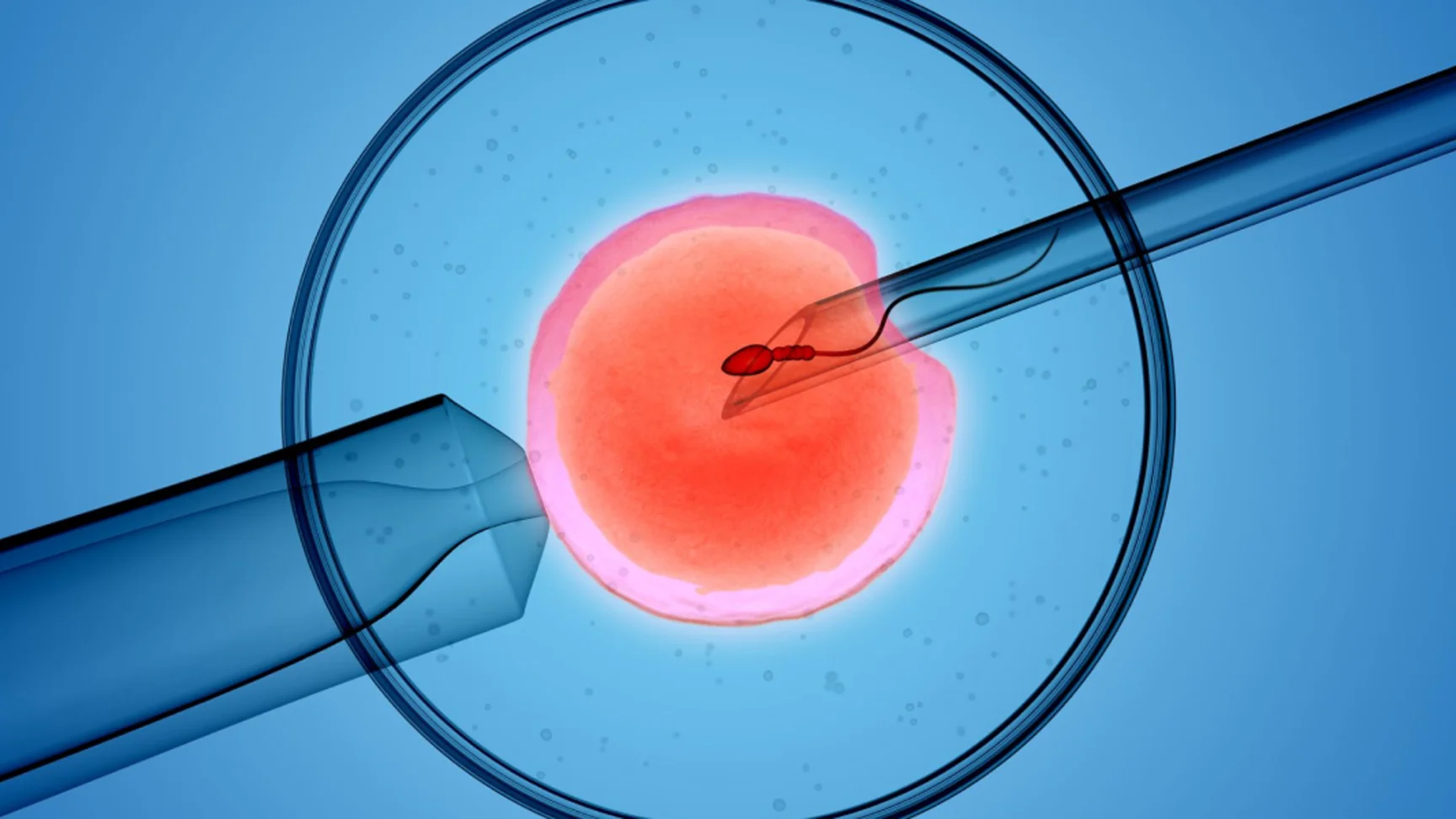Intracytoplasmic Sperm Injection (ICSI)

Intracytoplasmic Sperm Injection (ICSI) is an advanced form of assisted reproductive technology used primarily to address male infertility. It involves the direct injection of a single sperm into the cytoplasm of a mature egg, significantly increasing the chances of fertilization when conventional IVF methods may not be effective.
ICSI is commonly recommended in cases where sperm count is very low, sperm motility is poor, or when the sperm have abnormal morphology. It is also used when previous IVF cycles have resulted in poor or no fertilization, or when sperm have been retrieved surgically in conditions like obstructive azoospermia.
The procedure follows the same steps as IVF in terms of ovarian stimulation and egg retrieval. Once the eggs are collected, a single healthy-looking sperm is selected and carefully injected into each mature egg using a fine glass needle. The fertilized embryos are then cultured and monitored for development before being transferred to the uterus.
While ICSI significantly improves fertilization rates, it does not guarantee pregnancy, and the success also depends on the overall quality of eggs and embryos. It is a safe and widely practiced technique, with outcomes comparable to conventional IVF in terms of embryo development and live birth rates.
ICSI has brought hope to couples struggling with male-factor infertility and is now a standard option in many fertility treatment protocols when specific conditions warrant its use.
